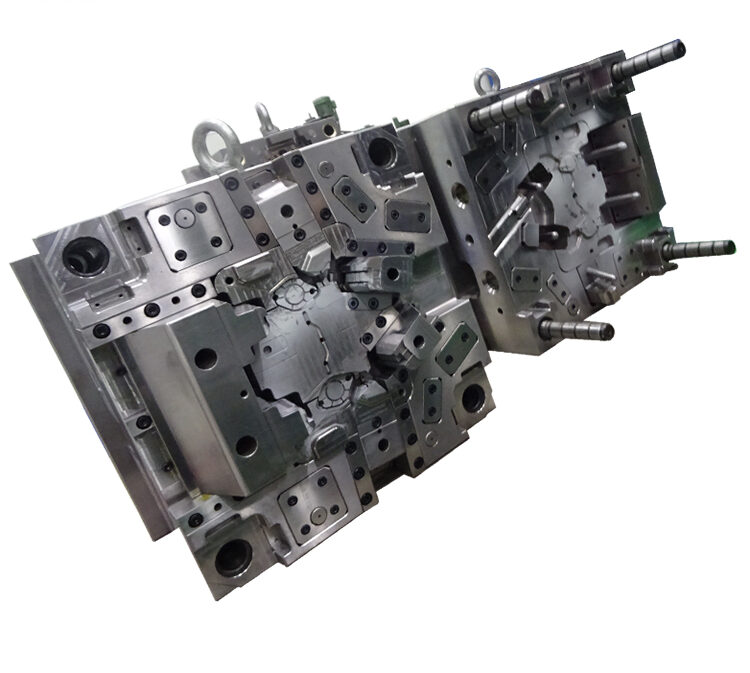Injection Mold
An injection mold is a crucial tool used in the manufacturing industry to produce high-quality plastic parts. It is a custom-made tool that is designed and built to match the specific requirements of the product being manufactured. The injection molding process involves injecting molten plastic material into the mold cavity, allowing it to cool and solidify, and then ejecting the finished part from the mold.
Key Features
- Precision and Consistency: Injection molds are engineered with precision to ensure consistent production of high-quality parts. The molds are designed to provide tight tolerances, ensuring that each part meets the required specifications.
- Durability: Injection molds are made from durable materials such as hardened steel or aluminum to withstand the high pressures and temperatures involved in the injection molding process. This ensures that the molds have a long lifespan and can be used for numerous production cycles.
- Complexity: Injection molds can be designed to produce parts with complex geometries, including intricate shapes, undercuts, and fine details. This makes injection molding a versatile manufacturing process that can meet a wide range of product design requirements.
- Efficiency: Injection molding is a highly efficient manufacturing process that allows for high-volume production. The molds can be designed with multiple cavities, enabling the production of multiple parts in each molding cycle. This results in faster production times and lower per-part costs.
- Customization: Injection molds can be customized to match the specific needs of the product being manufactured. The molds can be designed with features such as inserts, slides, and cores to create complex part designs. This flexibility allows for the production of unique and customized parts.
Applications
Injection molds are used in a wide range of industries for various applications. Some common applications include:
- Automotive: Injection molds are used to produce various automotive parts such as interior components, exterior trims, and under-the-hood parts.
- Consumer Goods: Injection molds are used to manufacture consumer goods such as household appliances, electronic devices, and packaging materials.
- Medical: Injection molds are used in the medical industry to produce medical devices, surgical instruments, and disposable medical supplies.
- Industrial: Injection molds are used for manufacturing industrial components, including machinery parts, electrical connectors, and housing for electronic equipment.
- Toys and Games: Injection molds are used to produce plastic toys, board games, and other recreational products.
Benefits of Injection Molding
Injection molding offers several benefits over other manufacturing processes:
- Cost-effective: Injection molding allows for high-volume production, resulting in lower per-part costs. The process also minimizes material waste, as excess plastic can be recycled and reused.
- Fast production: Injection molding is a fast and efficient process, allowing for the production of large quantities of parts in a short amount of time.
- High-quality parts: Injection molding produces parts with excellent surface finish and dimensional accuracy. The process also allows for the use of a wide range of materials, including engineering-grade plastics.
- Design flexibility: Injection molding enables the production of parts with complex geometries and intricate details. It allows for the incorporation of features such as threads, logos, and textures directly into the mold design.
- Scalability: Injection molding is a scalable process that can accommodate production volumes ranging from small runs to large-scale manufacturing.
Overall, injection molds play a vital role in the manufacturing industry by enabling the production of high-quality, customized plastic parts. With their precision, durability, and efficiency, injection molds have become an essential tool for manufacturers across various industries.


